Korea’s 15 Airports Hit by Indefinite Strike, Yellow Envelope Act Opens Path for Labor Actions?
Input
Modified
Korea’s National Airport Workers’ Union Enters Indefinite Strike Ahead of Chuseok Worker Discontent Grows Over Subcontracting and Job Insecurity Strike Actions Mount Across Sectors Ahead of “Yellow Envelope Act” Implementation
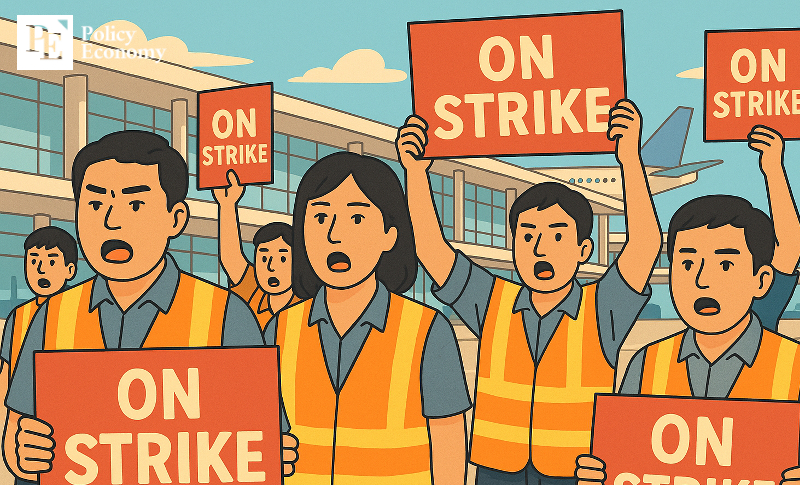
Workers at 15 airports across Korea, including Incheon and Gimpo, have launched an indefinite strike. The action reflects mounting frustration over a subcontracting-based employment system and job insecurity, erupting just months before the “Yellow Envelope Act” comes into effect. Similar labor disputes are emerging not only in aviation but across broader sectors of industry.
Airport Workers’ Union Launches Indefinite Strike
On the 1st, the National Airport Workers’ Union Alliance announced it had begun an indefinite strike starting at 6 a.m. The alliance, comprising the Incheon Airport branch of the Public Transport Workers’ Union and the National Airport Union, represents employees at 15 airports nationwide, the Aviation Technical Training Center, and the Korea Airports Corporation’s Air Navigation Facilities Headquarters. Workers involved include those in security screening, security patrols, fire and safety management, power and mechanical maintenance, airfield lighting, refueling, passenger boarding bridges, and IT services, as well as staff from Korea Airports Corporation subsidiaries responsible for maglev trains, shuttle buses and trains, terminal operations, cleaning, parking enforcement, and traffic control.
The alliance had previously staged a one-day strike on September 19 to present demands to Incheon International Airport Corporation, Korea Airports Corporation, and their subsidiaries. The union is calling for a revised shift system, adoption of a four-team two-shift schedule within the year, shorter working hours and more staff, an end to unfair contracts between parent and subsidiaries, and the abolition of practices such as arbitrary bid rates and wage clawbacks tied to staffing shortfalls. The union said neither subsidiaries nor parent firms have engaged in meaningful negotiations, and vowed to continue striking through the Chuseok holiday and National Foundation Day until demands are met.
Incheon International Airport Corporation stated it would activate an emergency response system during the holiday period, reinforcing monitoring and deploying essential personnel along with substitute workers from subsidiaries and external sources to maintain operations and minimize public inconvenience. “With record passenger numbers expected during Chuseok and just a month until the APEC summit, when the airport must be ready to receive world leaders, we urge the union to refrain from strikes that could disrupt safety and convenience for travelers,” the corporation said.
Unstable Employment Structure Fuels Frequent Labor Disputes
Labor strife in Korea’s aviation sector is seen not as a temporary risk but as a chronic structural issue. At Incheon International Airport, subcontracted workers account for a large share of the workforce, creating an inherently unstable employment environment. This stems from the airport’s opening period during the Asian financial crisis, when much of its operations were outsourced. Today, functions ranging from passenger boarding bridges and shuttle buses to terminal cleaning, perimeter security, screening, and even firefighting are contracted out to private firms. These subcontracting companies are selected through bidding every three years.
Such conditions have long exacerbated job insecurity. The mass layoffs during the COVID-19 pandemic in 2020 starkly revealed the precarious situation of subcontracted airport workers. That year, 176 cart workers at Incheon Airport employed by ACS were notified of contract termination as the cart operation contract expired at the end of December. The dispute originated when Jeonhong, the primary subcontractor holding an advertising contract with Incheon International Airport Corporation, declined to renew its outsourcing agreement. ACS, hired by Jeonhong, ran the cart service. Positioned at the very bottom of this multilayered chain—Incheon Airport Corporation → Jeonhong → ACS—the workers were left jobless.
This problem extends beyond Incheon Airport. Around the same period, 86 special security guards at Korean Air’s cargo terminal, employed by subcontractor Jangpung HR, also faced job losses after Korean Air ended its contract. Though their employment was briefly extended for a month, Korean Air ultimately signed with a new subcontractor, Unies, which chose not to retain the Jangpung HR staff, leaving them unemployed.

‘Relay Strikes’ Sparked by the Yellow Envelope Act
The indefinite strike by airport workers reflects long-standing frustrations with precarious employment, but observers say the upcoming Yellow Envelope Act is the key factor driving unions into action. Scheduled to take effect in March next year, the law strengthens union rights by defining an employer as any entity that exerts substantial influence over working conditions—even if no direct employment contract exists. This means subcontracted workers can negotiate directly with parent companies, while companies’ ability to demand damage compensation from unions or members will be restricted.
Since the law was introduced, many subcontractors have pushed parent firms to improve labor conditions. At Hyundai Heavy Industries, subcontracted workers represented by the Metalworkers’ Union have been on strike since mid-last month, demanding direct negotiations. They argue that because the parent company controls work hours, methods, and schedules, it must be recognized as the actual employer. Protesters have rallied under banners reading “The parent company must negotiate directly,” seeking restoration and increases in daily wages and better treatment.
The Korea Financial Industry Union also began the process of securing the right to strike after the law passed the National Assembly, demanding a 4.5-day workweek and reforms to the bonus system. Previously, banks could sue unions for losses caused by strikes, limiting union leverage, but the new law has shifted the negotiating landscape. At the end of last month, two Hyundai Mobis subsidiaries, Motras and Unitus, also went on strike, adding to the wave of labor actions.


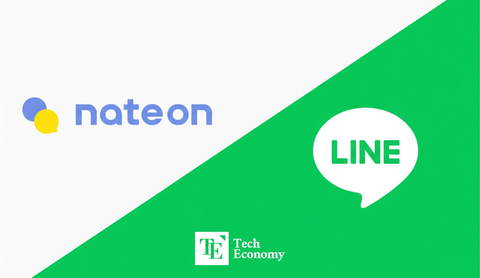
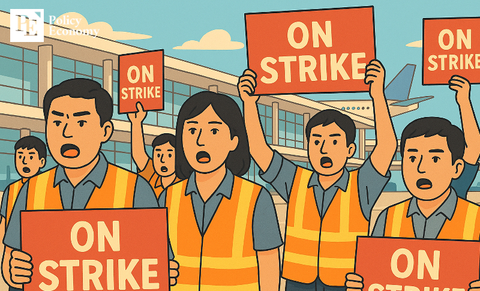
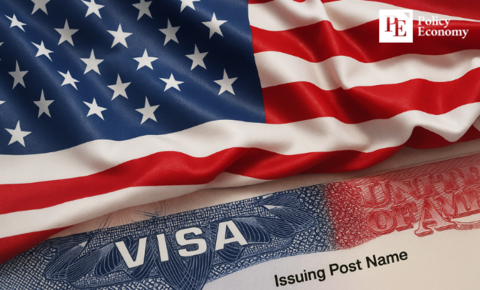


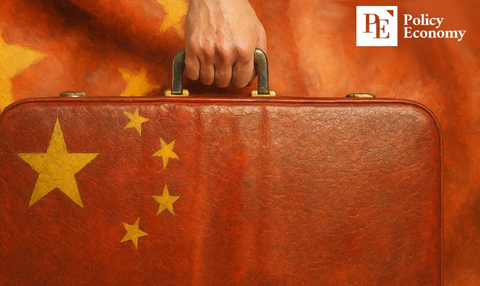
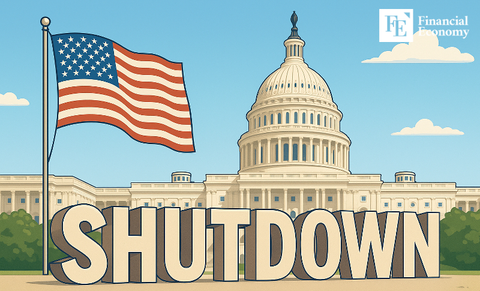
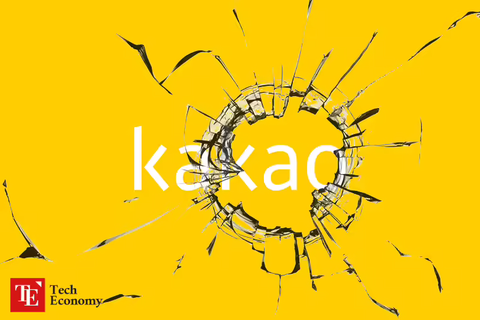












Comment